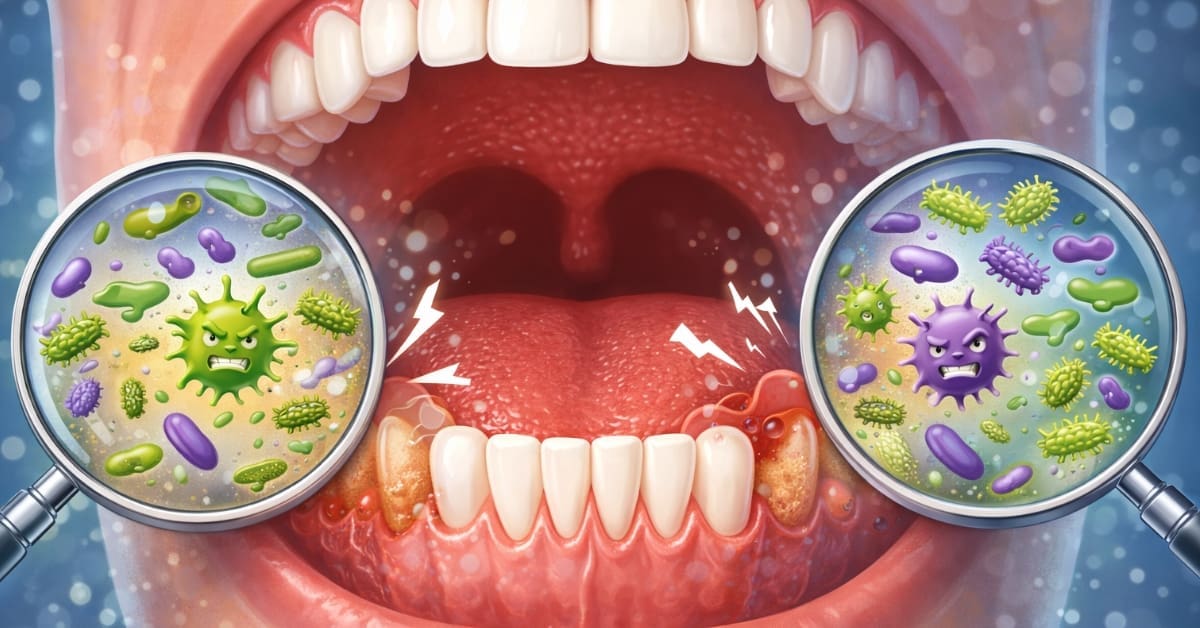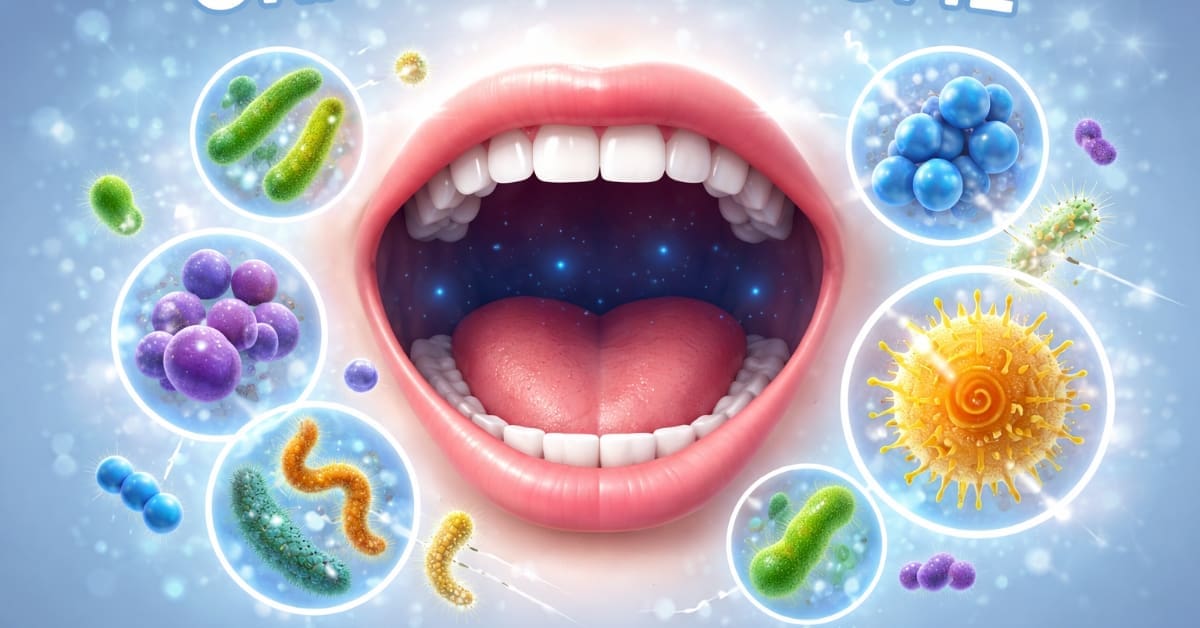Lifestyle Changes to Address TMD and Jaw Pain
TMD, also known as TMJ or temporomandibular joint dysfunction, can be debilitating. Your TMJ is the joint formed by your mandible or lower jaw and the temporal bone, which is a part of the skull. When you walk, chew, yawn, and swallow, you use this joint. As such, any pain in the TMJ can plague you throughout the day. Pain in the joint can also radiate into the muscles that surround and help move the joint, leading to pain in the muscles of the face. This myofascial pain can extend into your temples, sometimes prompting headaches.
TMD is a complex disorder, and every case is a bit different. However, understanding the common causes and contributors to TMD can often guide you in making lifestyle and habit changes that reduce your pain and discomfort.
What Causes TMD?
Sometimes TMD has one root cause, and other times it is caused and worsened by several of the below factors.
Stress and Psychological Factors
Stress might cause you to clench your jaw. Over time, this can lead to damage and arthritis in the TMJ and tension in the associated muscles. Like anxiety and PTSD, other psychological factors can also contribute to TMD.
Caffeine
Caffeine can raise stress levels and make your muscles tenser, worsening TMJ pain.
Birth Defects
Some people are born with abnormally shaped mandibles or temporal bones, which leads to pain and inflammation in this region.
Dental Conditions
Sometimes, TMD is caused or made worse by dental conditions or well-intentioned dental care. For example, patients who wear braces or retainers can develop TMD because the devices change the alignment of their teeth and the position of their jaw. In addition, teeth clenching for any reason can lead to TMJ pain, as can chewing gum — even if the gum chewing has been recommended for cavity prevention.
Trauma
An injury to the TMJ or associated areas can lead to TMD. For example, some patients develop this pain after a car accident or head trauma.
Fibromyalgia
Fibromyalgia is a complex disorder that causes muscle tightness, fatigue, and joint pain. For some fibro patients, TMD is a key symptom.
What Should You Avoid Doing if You Have TMD?
If you are diagnosed with TMD, there are a few habits and activities that you should avoid. Regardless of the cause of your TMD, these habits can make the pain worse.
Gum Chewing
Gum chewing can fatigue your TMJ muscles, making your pain even worse. It can also contribute to arthritis in the TMJ. If you’re a gum chewer, stop chewing and instead look for other ways to pass the time, such as squeezing a stress ball.
Eating Chewy Foods
Chewing foods like taffy and steak can tax your TMJ. So avoid these foods as much as possible, instead opting for foods that are soft and easy to chew.
Stress
If you’re under a lot of stress, take steps to reduce your stress levels. Try going to bed a little earlier. Do some yoga, meditate, or go for a walk when you feel your stress levels starting to climb.
Consuming Caffeine
Quitting caffeine isn’t easy, but it’s one of the best things you can do for your TMJ pain. Try slowly reducing your caffeine intake for several weeks, and you’re likely to notice a reduction in pain.
How Do You Treat TMD?
In addition to avoiding the behaviors above, you can try one or more of the following treatments to reduce your TMJ pain.
Physical Therapist
A physical therapist can guide you through exercises to strengthen your TMJ. Here are a few treatments PTs generally offer:
• Manual Therapy: Exercises to increase TMJ mobility and massage therapy are beneficial.
• Rocabado 6 x 6: This is a specialized series of PT exercises designed to reduce TMJ pain.
• Posture Training: Learning to sit and move with proper posture can help take pressure off your TMJ.
Lifestyle Changes
Any lifestyle designed to manage your stress is likely to reduce jaw pain. For example, you may need to take up meditation, seek therapy, or change your work schedule.
Dietary changes are also helpful. For example, incorporate more soft, easily chewable foods into your diet, and eat less tough meat and chewy candy.
Mouthguards
Especially if you are someone who clenches your jaw or grinds your teeth, a mouthguard can help address your TMJ pain. Visit a dentist to have a custom one designed for your mouth.
Medications
In some cases, anti-inflammatory medications like ibuprofen or naproxen may be necessary to manage your jaw pain. Always take these medications according to a physician’s advice and to the instructions on the label unless instructed otherwise by a medical professional.
Don’t let TMD pain stop you from living your life. While complex, this condition is usually manageable with physical therapy and lifestyle changes. Schedule an appointment with a physical therapist near you to get started.
Vist Your Dentist
Scheduling a dental consultation with a reputable dentist is always highly recommended. A good dentist can help guide you with the right treatments for your temporomandibular disorder (TMD).
Dr. Paul Feldman at Suburban Essex Dental is a great choice. As a top-rated New Jersey dentist since 2012, Dr. Feldman has the knowledge, experience and great reputation that you want in a dentist. Contact today to schedule a dental appointment.





